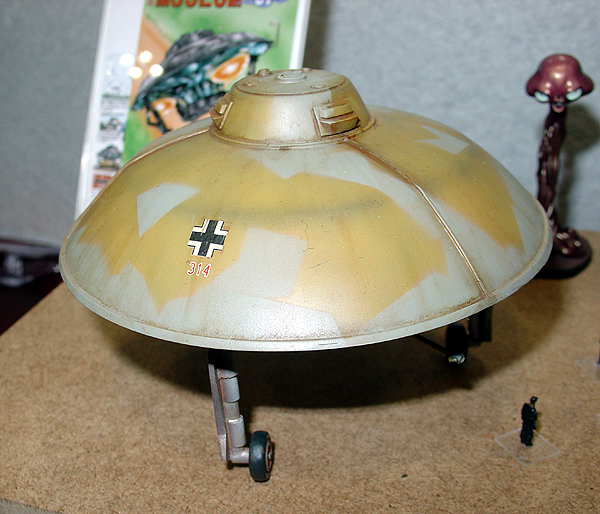Translated from German it means "Wonder Weapon". It was a series of super weapons being planned, under construction, and actually created.
My question is: If Germany would have had more money, as well as more time, to complete many Wunderwaffe; would the war have been affected to the point of the Allies defeat?
My question is: If Germany would have had more money, as well as more time, to complete many Wunderwaffe; would the war have been affected to the point of the Allies defeat?

